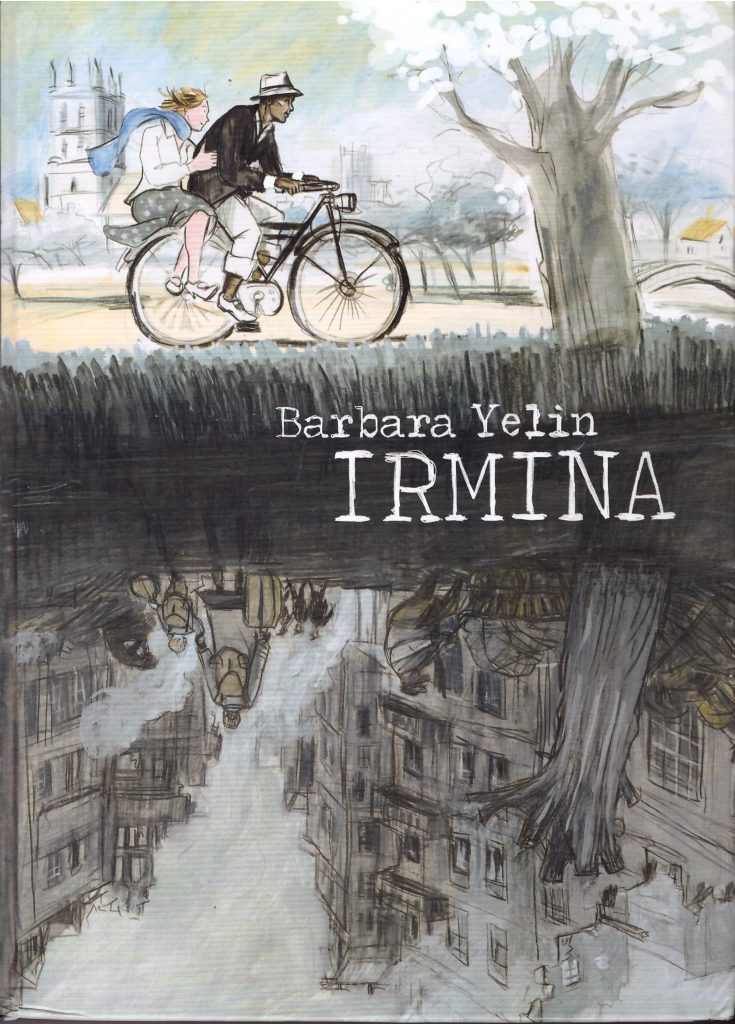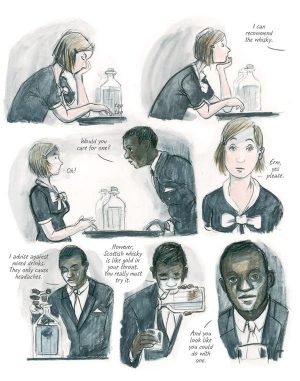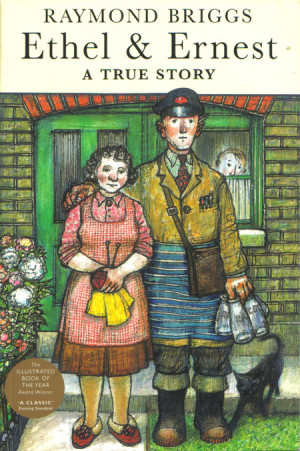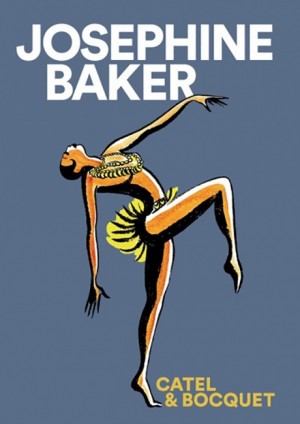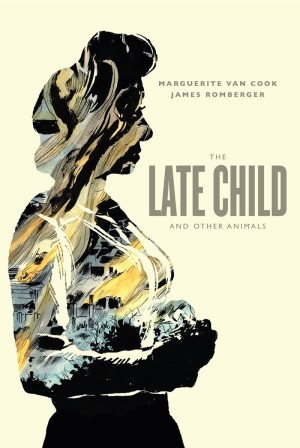Review by Karl Verhoven
Irmina is a wonderful, character rich book maximising its mid-20th century setting to provide a compelling portrait over three locations of a fiercely independent and intelligent woman who’s slightly out of place wherever she lives.
Barbara Yelin based the graphic novel on her grandmother’s diary and letters, and we’re introduced to Irmina von Behdinger at nineteen as she arrives in England as an exchange student. It’s a fascinating opening segment because while almost everyone she meets defines Irmina via her German nationality, even when providing praise, she notices plenty of attitudes echoing those being taken to grim extremes in 1930s Germany. Much of this is via her friendship with Howard Green, whose experience of prejudice is far more overt, and as a native of Barbados his is a largely solitary existence, despite reading law at Oxford.
Much sympathy engendered for Irmina during her stay in London drifts away when she returns to Berlin under Nazi control. Her dreams appear dashed and her stubborn independence and a desire for betterment let her drift if not into the prevailing ideology, then certainly the prevailing fashion for turning a blind eye. She bemoans conditions, but not from any greater concern than selfishness, and possesses a short memory for those who’ve helped her out. One friend Greta, perhaps a little too accepting of Nazi ideas, nonetheless helps Irmina in a time of dire straits. When their roles are reversed six years later Greta turns up at Irmina’s door to be greeted with a curt “What do you want? I paid you back your money long ago.”
Yelin’s artistic approach is very similar to that of Raymond Briggs. There’s a sketchiness about everything, yet in the manner of Briggs there’s no lack of personality definition or detail. Splodges of bright colour are added to primarily dark pastels to draw the attention, and Yelin doesn’t bother with panel borders, which is an interesting choice in a story defined by constriction. The well designed cover represents her often unorthodox choices.
It’s only in the final chapter, set in Barbados that the feeling of constriction is loosened, yet it’s replaced by a carefully cultivated impression of awkwardness, of the past being a distant country where things were differently done. It’s eventually very moving and tragic, as an ideal held high for so long crumbles against reality.
Irmina is a powerful evocation of some terrible times, even in England if the narrow social strata of acceptability remained unattainable. An afterword by historian Dr Alexander Korb places the experiences of ordinary Germans under the Nazis in perspective, and offers some enlightenment preventing a rush to judgement about Irmina’s attitudes. It’s a book that’s particularly relevant today, not just in Yelin’s native Germany where immigration has awakened dormant widespread prejudice, but in a Britain where many attitudes haven’t progressed in the eighty years since Irmina’s arrival. Her notions of independence border on insularity, and for a significant percentage of Britons that’s a desirable state of affairs. That, though, is a coincidental reading of a book originally published in German. At it’s best, Irmina will make readers pause for thought about personal compromises made in the name of comfort, and that makes it a powerful book.
